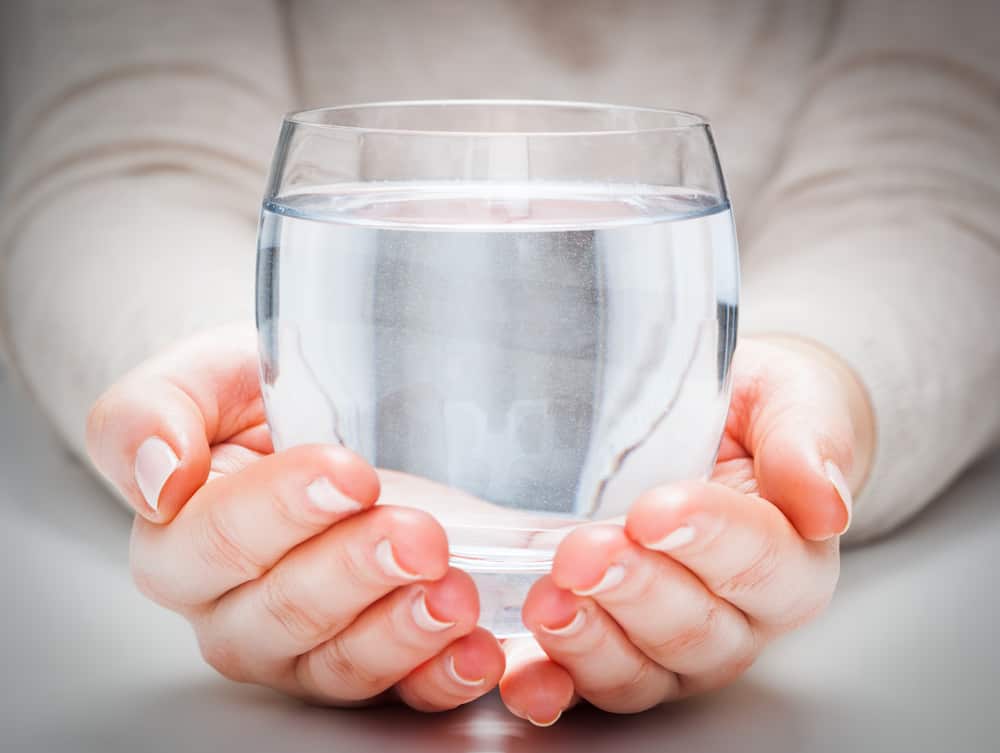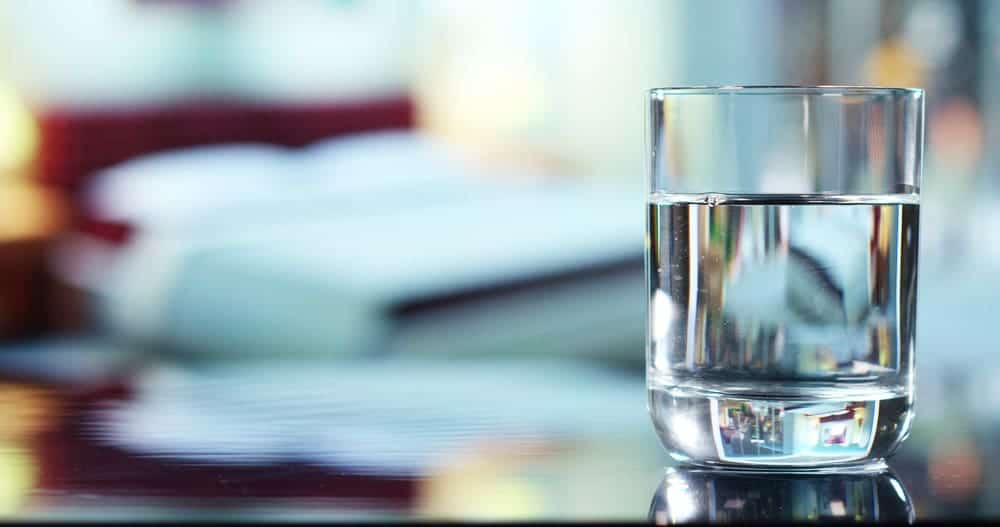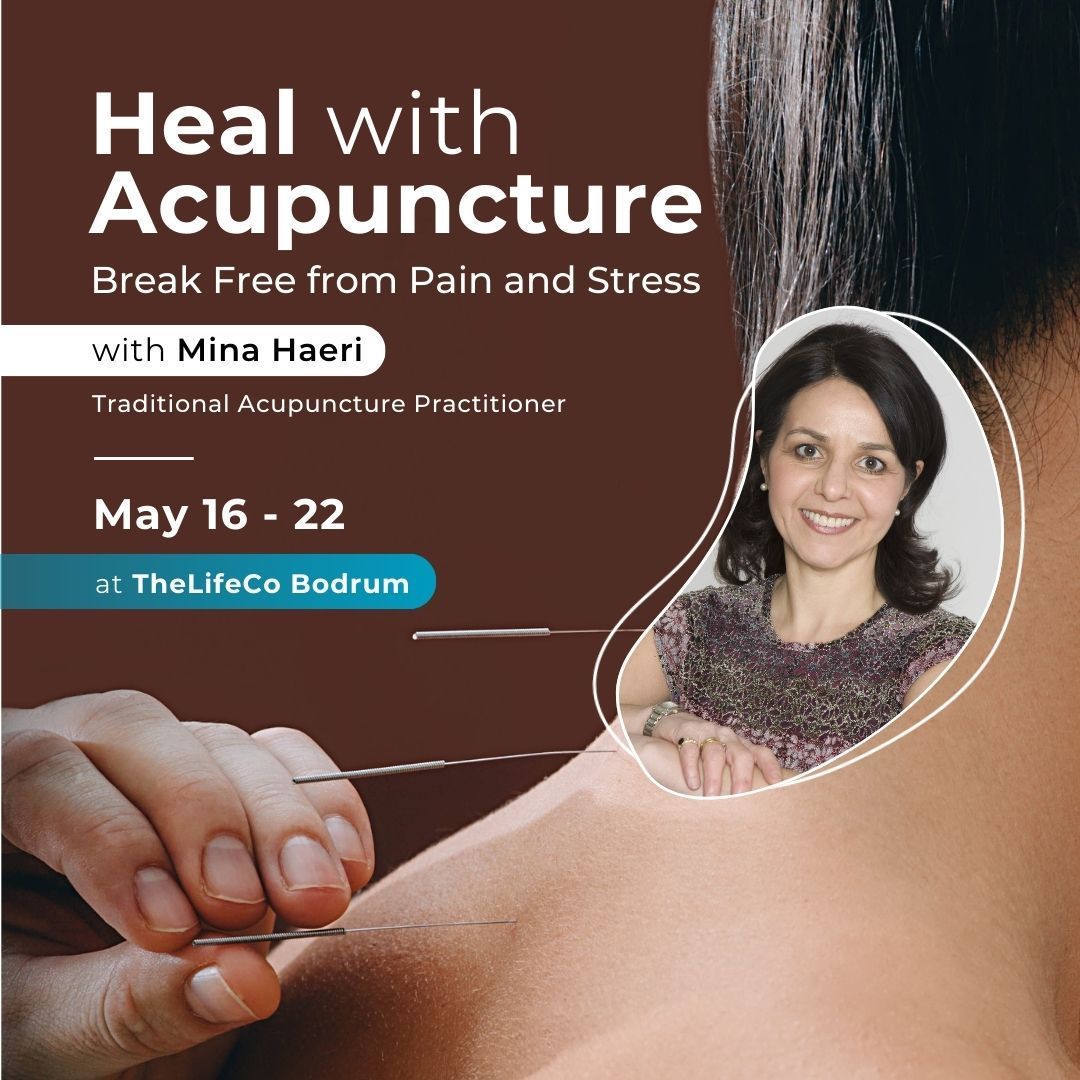There is no exact answer to the question of how much water should we drink during the day. However, we all know that water is essential for your overall health. Your daily water intake depends on where you live, how old you are, whether you are male or female, young or old, active during the day or not.
In an average diet, we obtain water predominantly through the consumption of drinking water and beverages (80% of daily intake) and water contained in food (20% of daily intake). So, most people need approximately four to six cups of water each day.
Mostly you don’t have to think about how much water you should drink because the thirst mechanism in your brain is responsible for that. However, in some circumstances, you must pay attention to your water intake. For example, if you are an athlete, you must need more water due to sweating. Or it may be a hot day of summer, and you are spending time outside and sweat a lot. Then it would be best if you were careful about not being dehydrated.
On the other hand, you may have a health condition such as thyroid or kidney disease, and you are taking medicine for such conditions, then you must not consume too much water because they will make you retain water.
So, water intake is individual, so you should decide how much, with your doctor, if it is necessary.
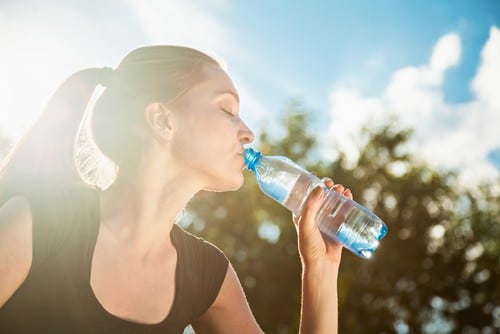
What Counts as “Water”?
Drinking water, other beverages, and food; the recommended water intake may include all these sources. However, you have to be careful about certain fluids since they may have their drawbacks. What are those fluids? You may have already guessed; juices, sodas, and smoothies can be high in sugar and calories.
Good news for coffee and tea lovers, both provide water. But, they also contain caffeine, which can make you lose more water through peeing. So, watch out the amount of coffee and tea you consume, if you feel agitated, especially because of coffee, consider lowering the amount.
Alcoholic drinks contain water as well, but they also cause you to lose more water just as coffee does. This can lead to dehydration.
Sports drinks have high-water content. They also contain carbohydrates and electrolytes, which can help you absorb water and keep your energy levels up. During intense workouts, with their carbohydrate and electrolyte content, they help to replace electrolytes, including salt lost through sweat. The downside is that they may also contain lots of extra calories, sugar, and salt. Make sure that you check the nutrition label.
Energy drinks, which you should avoid, also contain high doses of sugar, as well as stimulants, like caffeine.
Don’t forget fruits and vegetables like cucumbers, iceberg lettuce, celery, and watermelon. Their water content is over 90%. They are also refreshing with a variety of vitamins they provide.

Benefits of Drinking Water
Water keeps your body functioning properly. Its primary function is to carry nutrients and oxygen to your cells. Other then that, water has many jobs, such as:
- flushing bacteria from your bladder
- supporting digestion
- preventing constipation
- normalizing blood pressure
- stabilizing the heartbeat
- cushioning joints
- protecting organs and tissues
- regulating body temperature
- maintaining electrolyte (sodium) balance
Drinking enough fluid and eating food with high content in water means that you are hydrated and give your body enough fluids to carry out those tasks.
If you don’t drink enough water each day, you become dehydrated. Warning signs of dehydration include;
- weakness
- low blood pressure
- dizziness
- confusion
- dark-colored urine.
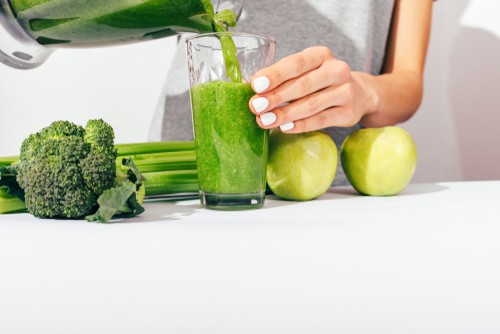
How to Avoid Dehydration
As it’s mentioned before, it is not just water that keeps you hydrated. Some beverages and foods containing water help you stay hydrated to some degree. However, consuming water is still the better choice. Sports or energy drinks with sugar content may lead to weight gain and inflammation, which eventually leads to chronic diseases such as diabetes. Too much coffee makes you feel agitated and cause sleepless nights.
The best way to avoid dehydration is to drink fluids, mostly water gradually, throughout the day. You may also get fluids from water-rich foods, such as salads, vegetables such as cucumber or fruits.
Another way to be sure that you are drinking enough water is to check your pee each time you go to the toilet. If it is clear or light yellow, then it means you are probably getting enough water through what you drink and/or what you eat.
Join our water fasting program to regulate water drinking habits.
